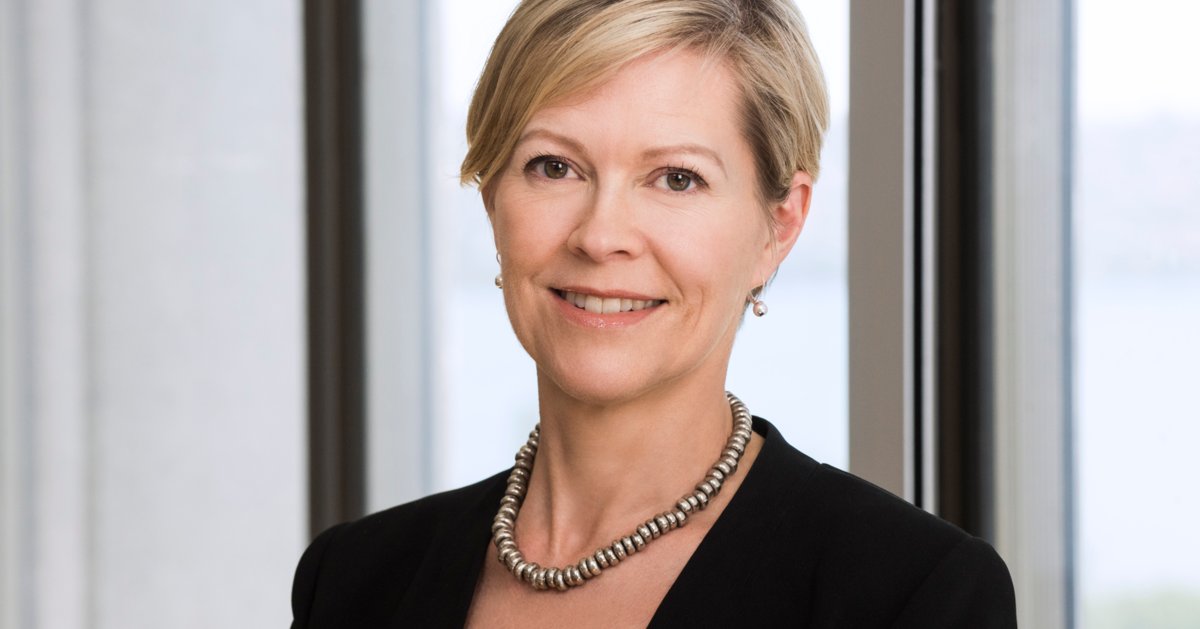Women facing ‘structural impediment’ under current advice framework
More needs to be done to create an effective cost model for limited and scaled advice, with many women finding it difficult to access advice due to the cost.
Speaking at a recent Fidelity event, Fidelity portfolio manager Kate Howitt said that one of the things that must be addressed in improving financial outcomes for women is creating an effective model for scaled advice.
“The trouble is that in order to give financial advice, you have to do a full fact find process, and the numbers for that only stack up for people of a certain asset base,” said Ms Howitt.
“Sadly, women are going to be disproportionately outside of that cohort.”
Ms Howitt said this is another structural impediment being faced by women that needs to be discussed by the industry.
“The issue also is that scaled advice models elsewhere in the world are increasingly technology-driven. There’s a lot that you can automate now, but we don’t have the regulator framework for that yet,” she explained.
SMSF Association policy manager Tracey Scotchbrook said there is a strong need for affordable, quality scaled advice in the market, particularly for women.
Ms Scotchbrook gave an example of women needing advice following a separation, divorce or death of a spouse, in which case it might be better to receive it in stages.
“Scaled advice improves the affordability of advice at a point in time as the costs and advice services received can be spread over time,” she noted.
“However, due to the current complexity and layers of compliance an adviser must comply with, this may increase the total cost of the overall advice the individual will ultimately receive.”
Ms Scotchbrook said that advice needs to be addressed in a time frame that is suitable for the client and their circumstances, with more urgent issues addressed as a priority.
“Statistically, women are lower-income earners; however, this does not reduce the need for advice. Targeted, bite-sized advice can have an important impact on long-term financial outcomes,” she said.
"Whilst the gender gap on superannuation balances is reducing, women still statistically have lower superannuation balances than men. This means that women need to work smarter with their superannuation savings across their working lives and into retirement. Scaled strategic advice has a role to play in improving the financial independence and security for women."

Miranda Brownlee
Miranda Brownlee is the deputy editor of SMSF Adviser, which is the leading source of news, strategy and educational content for professionals working in the SMSF sector.
Since joining the team in 2014, Miranda has been responsible for breaking some of the biggest superannuation stories in Australia, and has reported extensively on technical strategy and legislative updates.
Miranda also has broad business and financial services reporting experience, having written for titles including Investor Daily, ifa and Accountants Daily.








